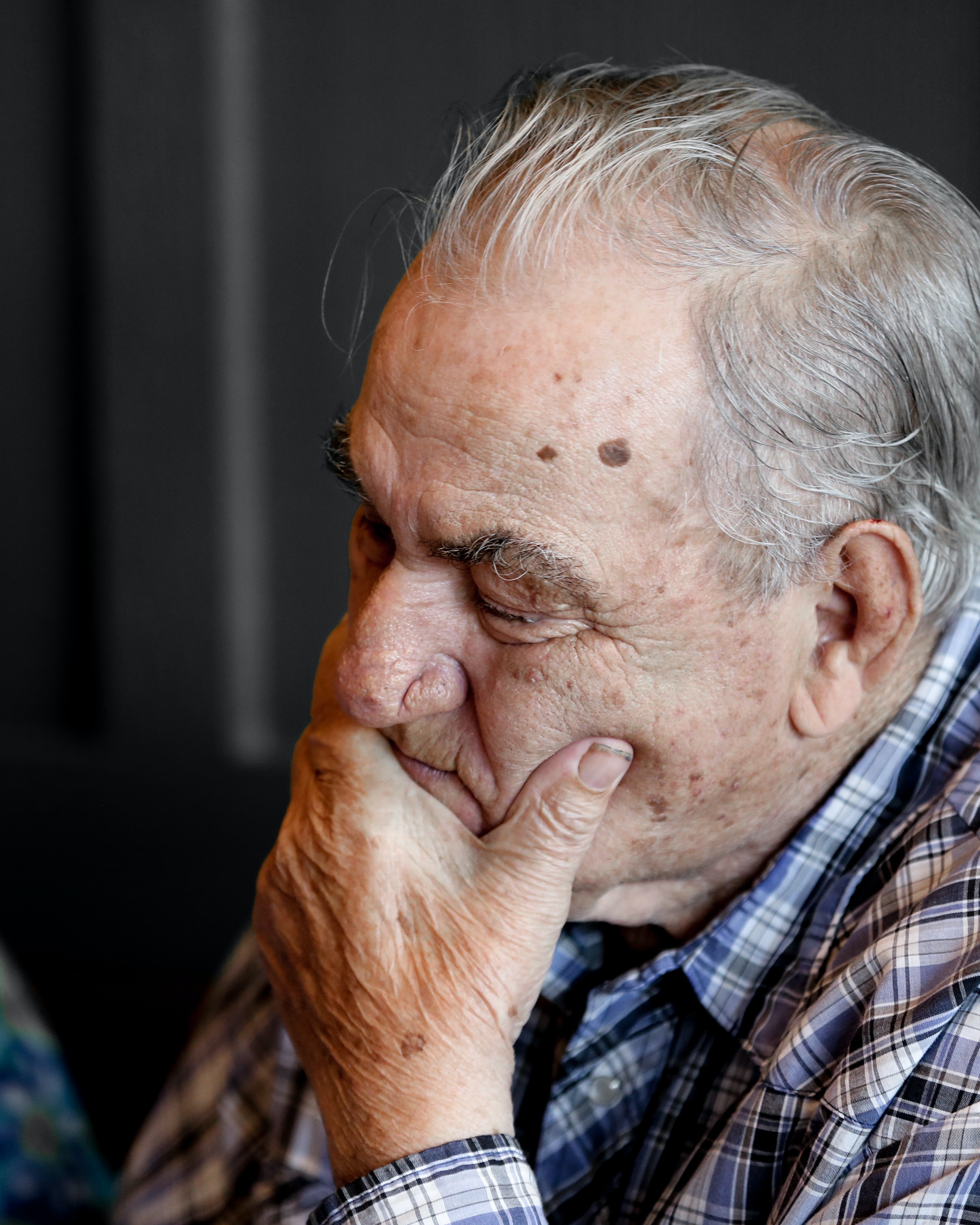Benign prostatic hyperplasia (BPH)

Benign prostatic hyperplasia or BPH is a noncancerous enlargement of the prostate gland and it is the most common cause of benign cancer in men. As the prostate enlarges, the gland obstructing the flow of urine through the urethra leading to incomplete emptying of the bladder and urinary retention. The bladder wall can also get thicker and weakened leading to incontinence. BPH is much more common in older men, in such that 50% of men between the age of 51 and 60 years and up to 90% of men above 80 years have evidence of BPH.
Typical symptoms of BPH are known as lower urinary tract symptoms or LUTS includes increase frequency of urination, frequent awakening at night to urinate (nocturia), strong desire to urinate (urgency) and sometimes with leakage, hesitancy (delay between trying to urinate and the flow actually beginning) with the need to strain, weak flow of urine stream with interruptions and dribbling at the end of the urination. Sometimes these symptoms may be accompanied by pain over the lower abdomen, burning sensation and blood in the urine.
BPH is a progressive disease and if left untreated can cause urinary retention with risk of urinary tract infection and pressure backflow to the kidney leading to swelling of the kidney and urinary tract and in severe cases kidney failure.
Diagnosis of BPH can be made based on history of LUTS and rectal examination of enlarged smooth prostate. If the prostate gland feels assymetrical with rough bumpy surface, prostate cancer need to be excluded. Several investigations such as urinalysis, PSA level, kidney function test, screening for diabetes and ultrasound of the prostate, ureter, bladder and kidney are also performed.
Treatment of BPH aim to provide symptoms relief and prevent complications. This can be divided into lifestyle modification, medical therapy and surgical intervention.
Lifestyle modification includes decreasing fluid intake at night, cutting down consumption of caffeinated drinks such as coffee and tea as well as alcohol. Patient is also encourage to do regular physical activity and pelvic floor exercises, weight loss if overweight or obese, avoid constipation by consuming more fibers, fruits and vegetable. Patient also encourage to practice 'double voiding' by urinating as much as possible, relaxing for a few moments, and then urinating again. Try to relax as much as possible before urinating again and not to strain or push to try to empthy the bladder.
For medical therapy, two types of medication often prescribed, alpha blockers and 5-alpha reductase inhibitors. Alpha blockers such as Alfuzosin and Doxazosin are the most common first line initial treatment. It help to relax the smooth muscle in the prostate and neck of the bladder, thus decreasing bloackage of urine. Side-effects including dizziness when standing up (orthostatic hypotension), headache, palpitation, nasal congestion, retrograde ejaculation and erectile dysfunction.
5 alpha-reductase inhibitor such as Finasteride and Dutasteride work by inhibiting production of dihydrotesterone (DHT), a hormone responsible for enlarging the prostate gland. It is often used in combination with Alpha blockers. Side-effects include low libido, problems with ejaculation or erectile dysfunction. Other medication being used for treatment of BPH includes PDE5-inhibitor especially in combination with 5 alpha-reductase inhibitor or anti-cholinergic medication (such as Tolterodine) to help with overactive bladder
If no improvement with medical therapy, surgery can be consider. Transurethral resection of the prostate (TURP) is the gold standard for managing BPH. However, there are several risk from the surgery such as retrograde ejaculation, erectile dysfunction, urinary incontinence and stricture (scar) formation.
If you suffer from BPH or any urinary disorders, talk to our doctor for consultation and treatment suitable for your symptoms.



